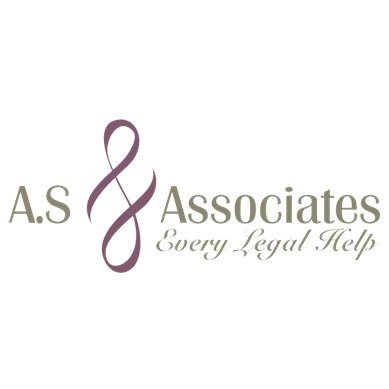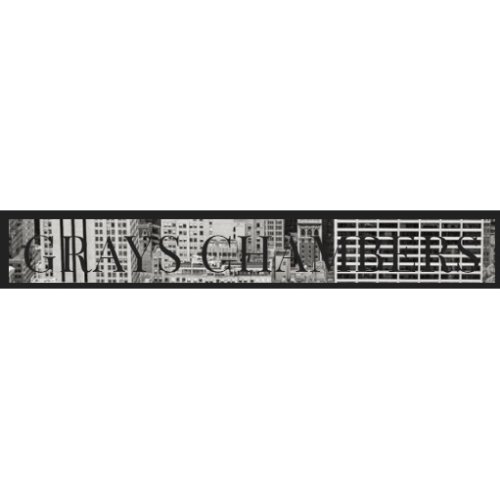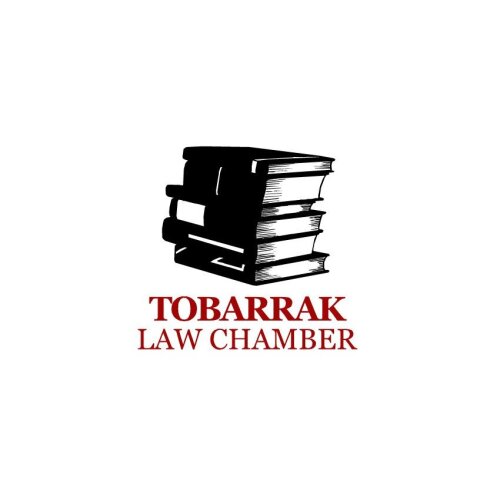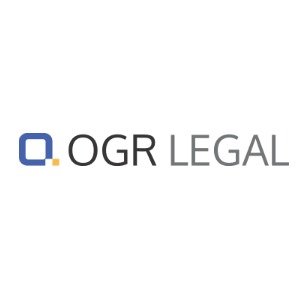Best Land Use & Zoning Lawyers in Dhaka
Share your needs with us, get contacted by law firms.
Free. Takes 2 min.
Free Guide to Hiring a Real Estate Lawyer
List of the best lawyers in Dhaka, Bangladesh
About Land Use & Zoning Law in Dhaka, Bangladesh
Land use and zoning laws in Dhaka, Bangladesh, are crucial for the orderly development and management of urban areas. These laws govern how land in the city can be used, guiding construction, business operations, and residential development. The zoning regulations are intended to prevent land use conflicts, preserve property values, and ensure the sustainable growth of the city. In Dhaka, the regulatory framework is shaped by local ordinances, national legislation, and master development plans curated by government bodies such as RAJUK (Rajdhani Unnayan Kartripakkha), the Capital Development Authority responsible for urban planning and development.
Why You May Need a Lawyer
There are numerous scenarios in which you might require legal assistance for land use and zoning in Dhaka. Common situations include disputes over property boundaries, challenges in obtaining or interpreting development permits, conflicts with municipal zoning regulations, or issues arising from changes in land designation as per Dhaka's master plans. Legal advice is critical to navigating these challenges, ensuring compliance with regulations, and resolving disputes efficiently.
Local Laws Overview
In Dhaka, land use regulations are heavily influenced by the prescriptions of the Dhaka Structure Plan 2016-2035, the Detailed Area Plan (DAP), and the Bangladesh National Building Code (BNBC). Key aspects include regulations concerning permissible building heights, plot ratios, land development permits, and specifications for different zones such as residential, commercial, and mixed-use areas. Furthermore, environmental considerations are integral, especially concerning flood control, drainage systems, and green space preservation. Understanding and adhering to these regulations is crucial for anyone engaged in property development or real estate investment in the city.
Frequently Asked Questions
What is the role of RAJUK in land use and zoning?
RAJUK is the primary authority responsible for urban planning and development in Dhaka. It formulates the city’s development plans, issues building permits, and enforces zoning regulations.
How can I find out the zoning classification of my property?
You can determine your property’s zoning classification by consulting the latest Detailed Area Plan (DAP) or visiting the RAJUK office. The classification will indicate permissible uses and development guidelines.
What are common zoning categories in Dhaka?
Dhaka’s zoning categories include residential, commercial, industrial, mixed-use, and special zones, each with specific regulations dictating usage, building dimensions, and development density.
Can zoning regulations change, and how does that affect me?
Yes, zoning regulations can change, often due to revisions in development plans or new urban policies. Such changes can affect property value and permissible uses, requiring adjustments in compliance by property owners.
How do I apply for a land development permit?
To apply for a land development permit, you must submit an application to RAJUK with necessary documents, such as land ownership records, project plans, and environmental impact assessments (if required).
What happens if I violate zoning laws?
Violations of zoning laws can result in penalties, fines, mandatory modifications, or even demolition of unauthorized structures. Legal proceedings may also be initiated in serious cases.
Can I change the zoning classification of my property?
Changing a property's zoning classification typically requires submitting a formal request to RAJUK, accompanied by valid justification and supporting documentation. Approval is contingent on comprehensive review and compliance with broader urban plans.
What are environment-related regulations in land use?
Land use in Dhaka is subject to environmental regulations to ensure sustainable development and mitigate issues such as flooding, pollution, and loss of green spaces. Compliance with these regulations is mandatory for all development projects.
How does land use zoning address housing shortages?
Zoning regulations in Dhaka promote mixed-use developments and higher density residential zones to accommodate housing needs, especially in high-demand areas. They facilitate the creation of affordable housing solutions through regulatory incentives.
Who can I consult for land use disputes?
You can consult a lawyer specializing in land use and zoning, engage a town planner, or approach organizations dedicated to real estate arbitration and dispute resolution for guidance on resolving disputes.
Additional Resources
For more assistance, the following resources may be helpful:
- RAJUK Office: Provides information on zoning and development permits.
- Dhaka City Corporation: Manages property records and local governance issues.
- Bangladesh Bar Council: Can help you find legal professionals specializing in land use.
- Ministry of Housing and Public Works: Offers guidance on national policies affecting zoning.
Next Steps
If you need legal assistance regarding land use and zoning in Dhaka, consider the following steps:
- Research and contact a qualified lawyer who specializes in land use and zoning law in Bangladesh.
- Gather all relevant documents related to your property, including permits, zoning maps, and legal records.
- Schedule a consultation to discuss the specifics of your situation and potential legal pathways.
- Regularly review the latest development plans and zoning ordinances to remain informed about any changes that might affect you.
By taking these proactive steps, you can better navigate the complexities of land use and zoning in Dhaka, ensuring your interests are protected and your property development endeavors comply with applicable regulations.
Lawzana helps you find the best lawyers and law firms in Dhaka through a curated and pre-screened list of qualified legal professionals. Our platform offers rankings and detailed profiles of attorneys and law firms, allowing you to compare based on practice areas, including Land Use & Zoning, experience, and client feedback.
Each profile includes a description of the firm's areas of practice, client reviews, team members and partners, year of establishment, spoken languages, office locations, contact information, social media presence, and any published articles or resources. Most firms on our platform speak English and are experienced in both local and international legal matters.
Get a quote from top-rated law firms in Dhaka, Bangladesh — quickly, securely, and without unnecessary hassle.
Disclaimer:
The information provided on this page is for general informational purposes only and does not constitute legal advice. While we strive to ensure the accuracy and relevance of the content, legal information may change over time, and interpretations of the law can vary. You should always consult with a qualified legal professional for advice specific to your situation.
We disclaim all liability for actions taken or not taken based on the content of this page. If you believe any information is incorrect or outdated, please contact us, and we will review and update it where appropriate.

















